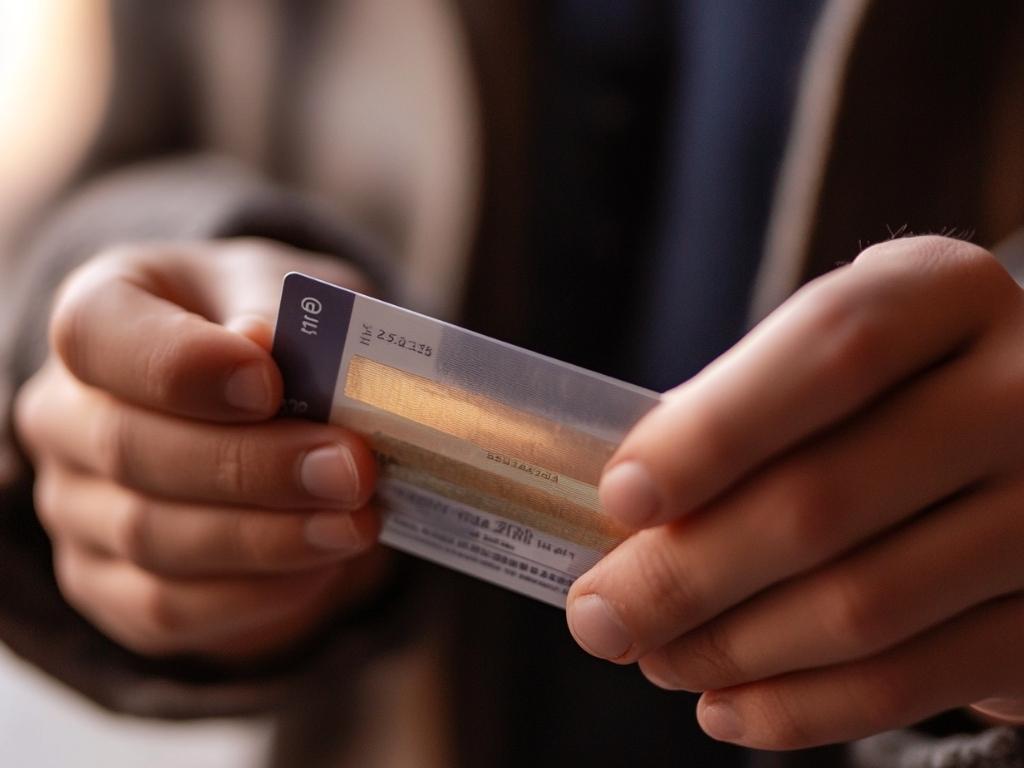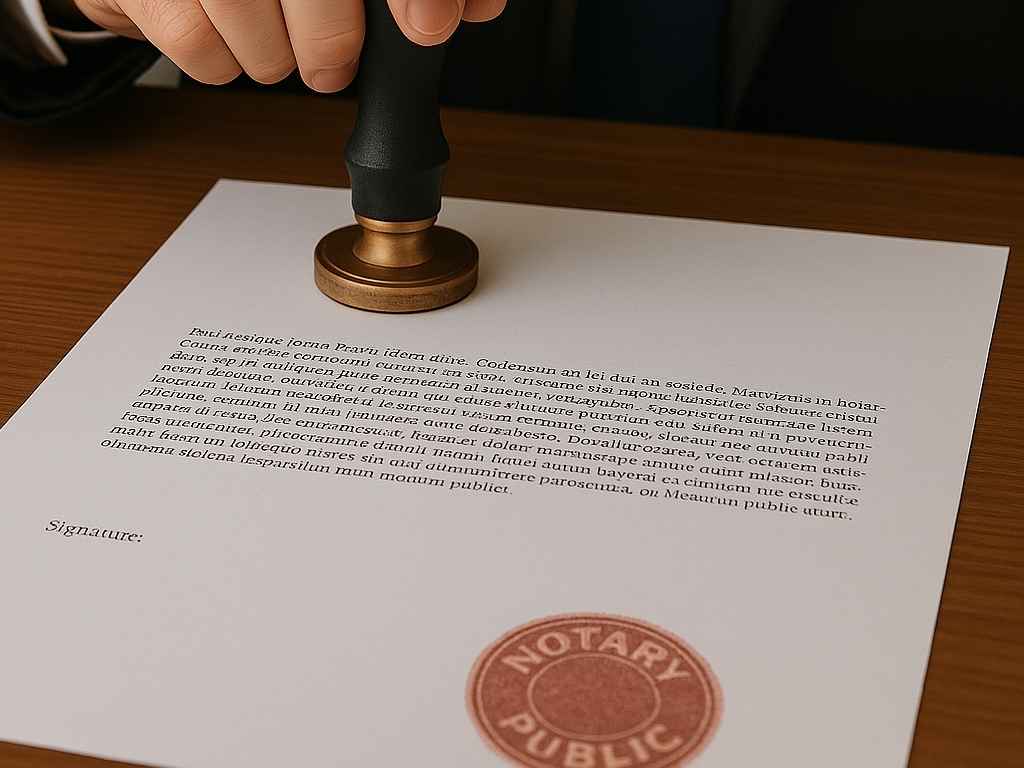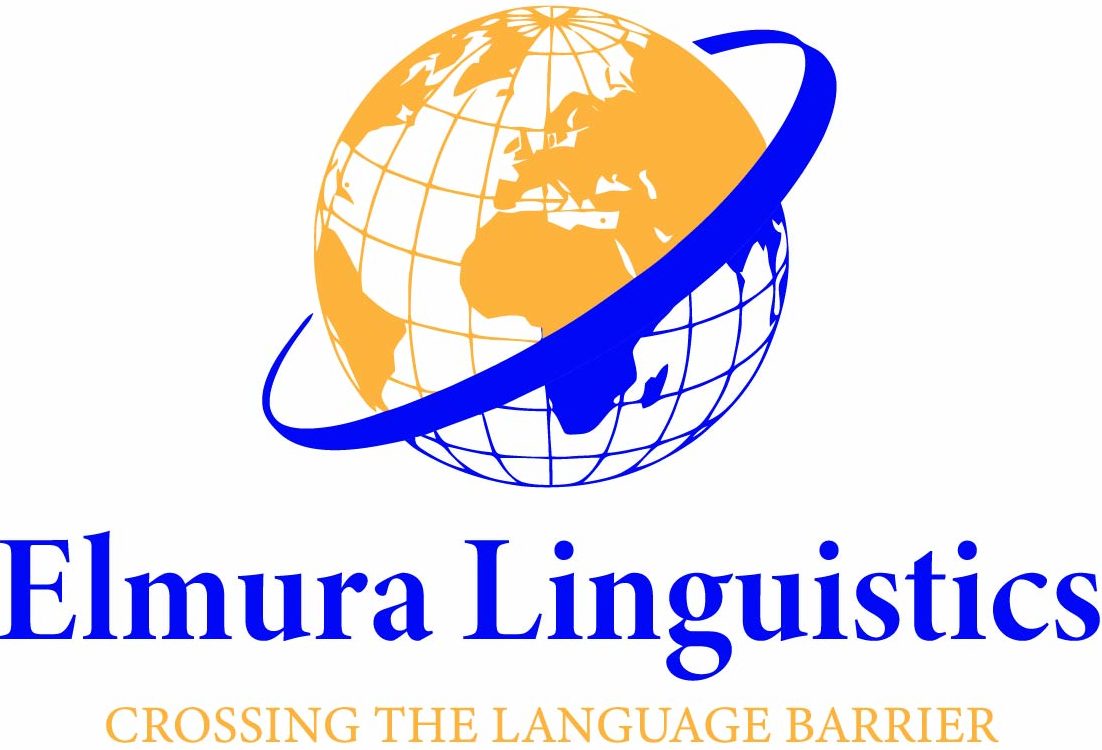Notaries have been around for centuries, and their primary mission remains the same: confirm that signers are who they claim to be, verify that documents are signed willingly, and deter fraud.
It can sometimes feel like a bureaucratic chore, but the positive impact is massive. When a transaction involves large sums of money or significant rights, that official seal provides peace of mind.
Consider a scenario where an individual is buying a property in a foreign country and needs a bilingual contract. That person may also require an interpreter, or at least a translated version of the contract, to fully grasp every clause.
Through Elmura Linguistics, that same individual might secure on-site interpretation or document translation services. Once the document is ready, a notary’s endorsement ensures the transaction is done properly—strengthening trust among all parties involved.
Ensuring ethical conduct and professionalism is non-negotiable for anyone who holds that notarial seal. Here are fundamental guidelines:
Table of Contents
Toggle1. Confirm Signer Identity Thoroughly

A top priority is making sure the signer is actually the person they claim to be. Insisting on physically present signers with valid, government-issued photo identification helps accomplish that goal.
A driver’s license or passport is most common, though military IDs and other official forms of identification can also work.
- Always note key details such as ID type and expiration date in the notary journal.
- If the person is personally known, that may be acceptable in some jurisdictions, though it’s wise to log the basis of personal familiarity.
2. Keep a Very Detailed Journal
The notary journal can feel like an extra step, but it’s an invaluable resource. In the event of a dispute or investigation, a thorough journal offers a record of events and decisions made along the way.
Some states mandate journals, while others do not. Either way, it’s just good sense to keep one.
- Log the date and type of each act (for example, acknowledgment or jurat).
- Record the kind of document involved, such as a deed, power of attorney, or affidavit.
- Note the signer’s contact information, the specific ID used, and the signer’s signature in the journal entry.
3. Confirm Document Completeness

Nobody wants the headache of dealing with incomplete or tampered documents. Pages can go missing, or fields might be accidentally or intentionally left blank. Step back for a moment and glance over everything before stamping.
If there’s a suspicious gap or an odd date, ask the signer to clarify—or even refuse to proceed, if it seems sketchy. Notarizing an incomplete document can generate big legal troubles down the road.
4. Look Out for Signer Awareness and Willingness
Ethical responsibility is huge. It’s not enough to confirm identity; notaries also need to sense that the signer has mental clarity and is doing it voluntarily. If an individual appears coerced or disoriented, consider pausing the process.
Some might think, “I’m not an attorney, so I shouldn’t meddle,” but notaries are entrusted with a duty to ensure the integrity of every transaction they sign off on. If there’s any shadow of doubt about the signer’s readiness, it’s best to steer clear.
5. Use the Notary Seal with Care

The notary seal is the hallmark of authenticity. It’s a formal guarantee that a neutral third party oversaw the signing. Always stamp and sign on the exact day of notarization—never backdate or postdate.
Furthermore, store the seal and journal in a locked cabinet or other secure spot. Letting someone else access it might lead to unauthorized acts, which can wreak havoc on everyone involved.
6. Consider Errors and Omissions Insurance
Everyone is human, and mistakes can happen. Errors and omissions (E&O) insurance can be a lifesaver if an honest blunder results in a lawsuit. It’s not always mandatory, but it’s highly recommended.
Think of it as an investment in peace of mind. If someone challenges a notarial act, E&O coverage can protect you from personal financial losses.
7. Stay Neutral and Ethical

People rely on notaries to be unbiased, so any conflict of interest is a big no-no. It’s generally advisable to avoid notarizing for close relatives. Also, refrain from offering legal advice unless you’re a licensed attorney.
The best approach is to focus on the notarial act itself, and direct signers toward qualified legal professionals for questions about the content of the document.
8. Track State-Specific Requirements
Every state has its own rules. Some allow remote online notarizations, others don’t. Certain states insist on a journal, while others do not.
Periodic training or membership in a notary association can keep you updated on legislative changes and best practices. Taking a continuing education course might involve a time commitment, but it pays off by ensuring full compliance with local regulations.
9. Embrace Cutting-Edge Tech

Electronic notarizations (often called e-notarizations) and remote online notarizations (RONs) are gaining traction. If that is offered in a particular jurisdiction, be sure the platform is secure and meets legal criteria.
In a digital world, many appreciate the convenience of signing documents from the comfort of their home or office.
Still, proceed with caution: confirm that the digital environment maintains the same standard of identity verification and security as an in-person act.
10. Know When to Say “No”
Trust your instincts. If something feels off—maybe the signer is showing major hesitation, or the IDs just aren’t matching up—turning down the request can save both notary and client from a legal mess.
The public expects a notary to do everything by the book. Sticking to strict standards might mean refusing notarization in some cases, and that’s perfectly acceptable when circumstances suggest it is unwise to proceed.
The Multilingual Angle
Now, one might wonder how language plays into notarial acts. Picture a healthcare setting where a patient and medical staff need forms signed in a language other than English.
Without the proper interpretation or translation, that patient might not fully grasp the content. Elmura Linguistics steps in to offer:
- On-site Interpretation: Perfect for in-person situations that demand face-to-face communication. An interpreter bridges the language gap, ensuring everything is clear.
- Video Interpretation: Ideal for remote scenarios. Clients hop on a secure video call with a professional interpreter, with no need for either party to travel.
- Phone Interpretation: When immediate language assistance is needed, a simple call can do the trick, anytime, day or night.
- Sign Language Interpretation: Essential for individuals who communicate through American Sign Language (ASL). It’s available both in-person and through video, backed by certified interpreters.
- Document Translation (with notarization and legalization when needed): Everything from legal briefs to business contracts and medical reports can be accurately translated, with an option for notarial certification.
- Localization: Perfect for websites or marketing content that needs to feel natural to a target audience. Cultural nuances and context are carefully adapted, so the message resonates without misunderstanding.
Imagine you’re a notary who frequently encounters signers not fully fluent in English. Having a translation or an interpreter present can guarantee clarity during the signing process. That reduces risk of dispute later on and respects the signer’s right to full knowledge of what they are signing.
Elmura Linguistics has spent more than two decades refining language services across academia, healthcare, legal proceedings, corporations, and government sectors.
Their professionals have observed, firsthand, how crucial it is to keep notary services aligned with linguistic assistance.
Some notaries collaborate with them on complicated cross-border business deals, while others turn to them to handle sensitive immigration paperwork that might need translation in a wide range of languages.
In a globalized world, bridging language gaps is a must. That synergy between notarial best practices and strong language services fosters trust and clarity.
When an individual senses that capable professionals handle their words and documents, fear and confusion melt away.
Closing Thoughts
Notarial acts remain a cornerstone of many legal and financial systems around the world. A notary’s hallmark is trust, backed by thorough training and a commitment to neutral service.
Staying alert, meticulous, and ethical protects everyone involved in a transaction. For those operating in bilingual or multilingual environments, Elmura Linguistics stands ready to assist.
Reliability is the name of the game in any interaction that relies on a notary. Keep up with state requirements, maintain a rock-solid journal, treat your seal like gold, and never hesitate to refuse if something doesn’t feel right.
Those who follow that path preserve the integrity of documents, reassure participants, and elevate the standing of the entire notarial community.





